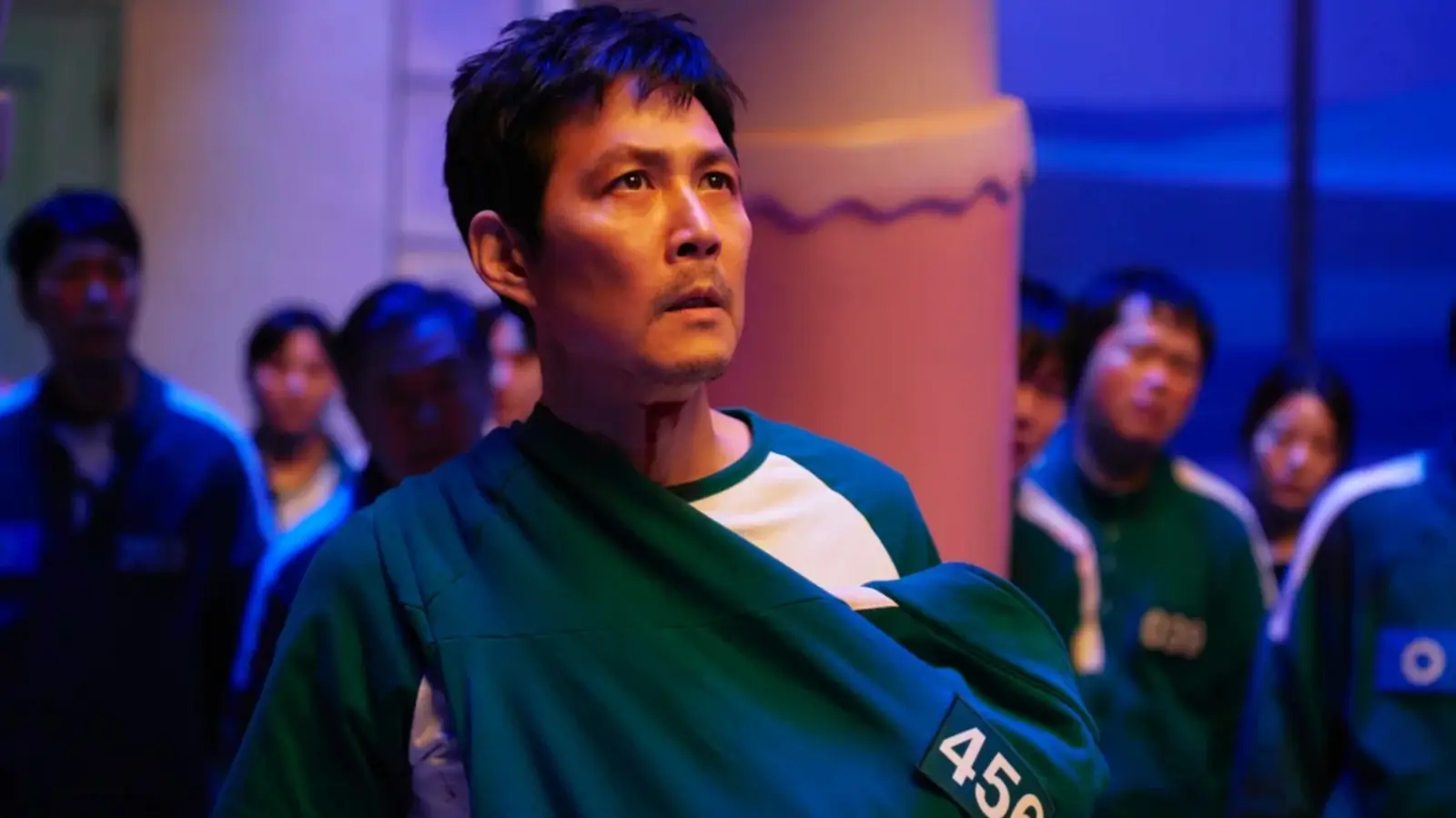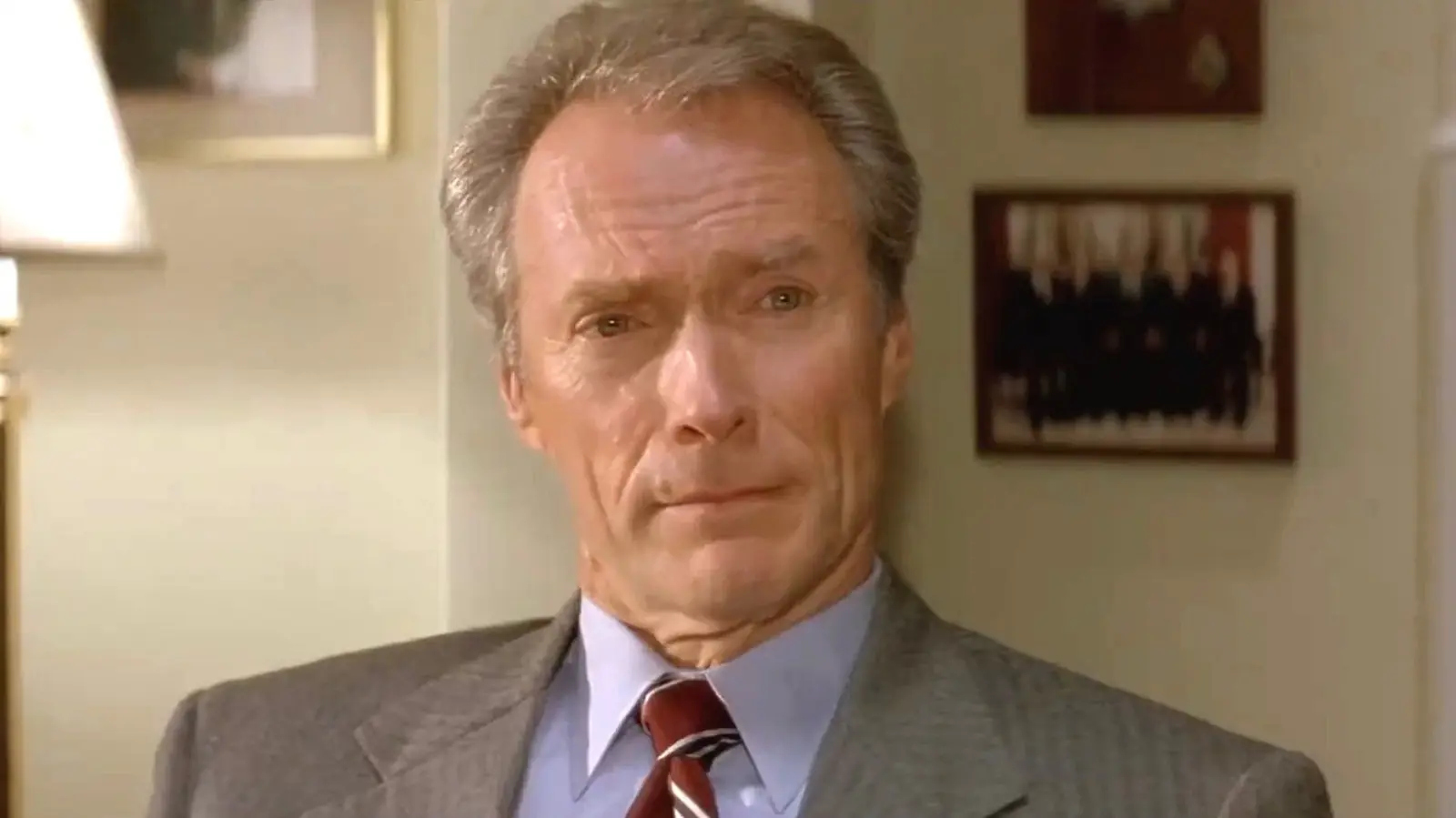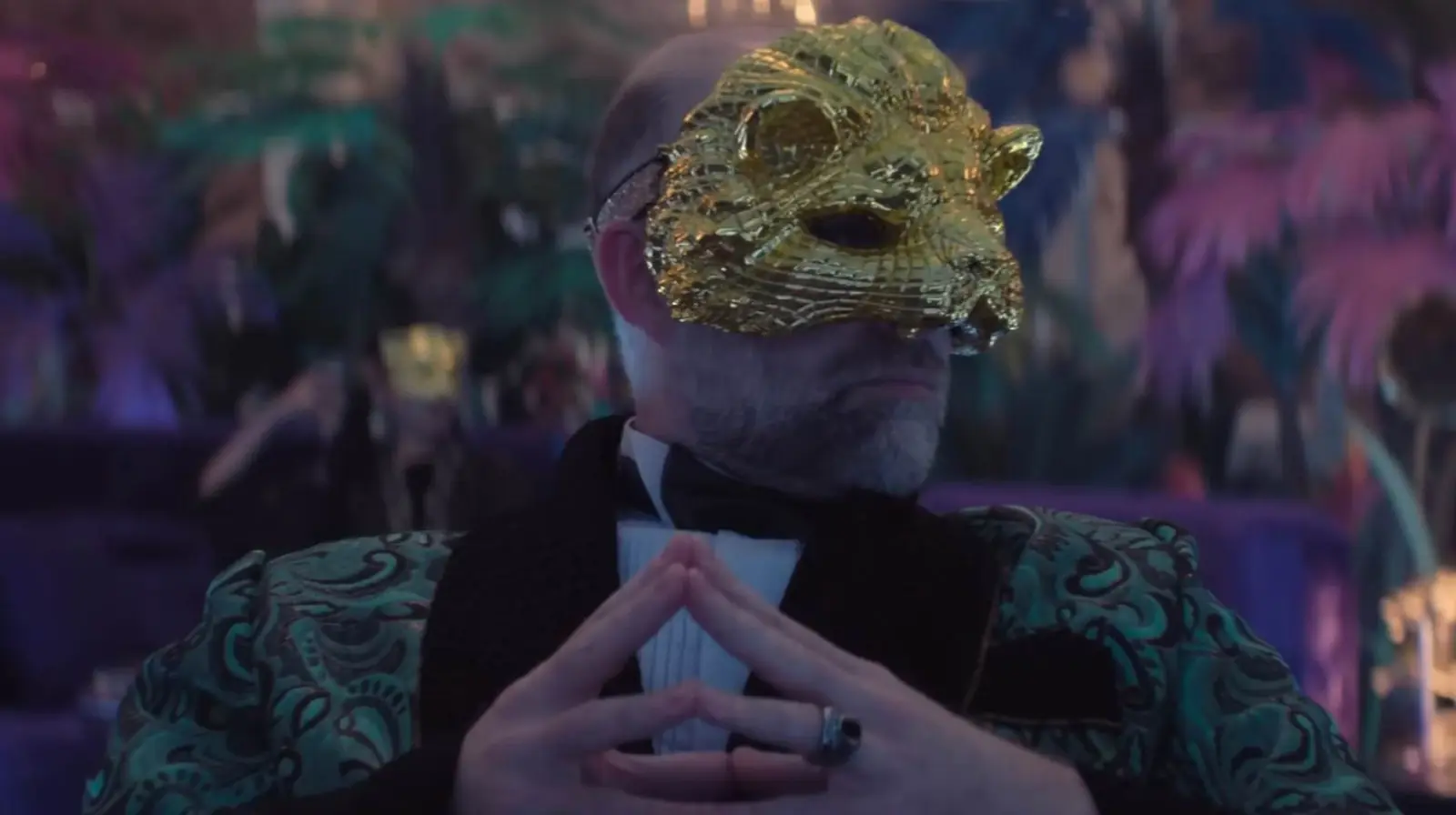Apoorva Mukhija, a name that has recently been circulating due to her involvement in the controversy surrounding “India’s Got Talent,” found herself at the center of attention once again with speculations about her participation in the prestigious Cannes Film Festival. When asked about her plans to attend the globally renowned event, Mukhija humorously retorted, “Gaali nahi khani,” which can be translated to “I don’t want to be criticized.”
The rising cultural icon, known for her distinctive voice and candid takes, expressed this sentiment during an interview where the focus briefly shifted from her talents to her potential participation in international film festivals. Mukhija’s statement seemed to reflect her awareness of the polarized views and public scrutiny that often accompany celebrities attending high-profile events like Cannes.
Her caution in confirming any attendance at such a globally significant affair could be seen as an attempt to steer clear of further controversy. After all, her recent experience with the media amidst the “India’s Got Talent” dispute might have influenced her decision to maintain a low profile.
The controversy around “India’s Got Talent,” which saw Mukhija entangled in a row regarding its outcome, had made headlines not long ago. Although the specifics of her remarks on the issue were not fully disclosed, sources indicate that it involved intense debates about talent recognition and the show’s credibility. Her involvement somehow sparked discussions on social networks and across media outlets, placing her under an intense spotlight.
Apoorva Mukhija’s response to the Cannes query adequately captures the dauntless and realist persona she has cultivated over the course of her public life, yet reveals her cautious stance in engaging with scenarios that may invite controversial media coverage. Her reaction reflects an understanding, or perhaps a lesson learned, of the nature of public portrayals and the propensity for rapid spread of criticism in today’s interconnected world.
The Cannes Film Festival stands as one of the film industry’s most esteemed platforms, offering filmmakers, actors, and cultural staples a global podium to showcase a range of cinematic visions and interpretations of art. Attendance at such an event is often seen as a monumental stride in solidifying one’s standing within the global entertainment sphere. For Mukhija, potentially partaking in Cannes could significantly elevate her international profile, aligning her among the illustrious ranks of cinema elites who grace the Cannes red carpet each year.
However, Apoorva Mukhija appears to be weighing the benefits against the potential drawbacks of such high-caliber exposure. This deliberative approach underscores the multi-layered considerations faced by modern celebrities navigating a mix of vast opportunities and the sometimes relentless scrutiny of public life. It raises broader questions about how public figures measure their engagements with international platforms in the light of personal and professional implications.
Despite the amusing manner of her comment, her statement is emblematic of the delicate balance celebrities maintain between public adoration and critique. For Mukhija, keeping a finger on the pulse of public sentiment seems imperative as she continues to craft her journey amidst the complexities of fame.
As the entertainment world and her fan base anticipate further developments regarding her Cannes appearances, the focus remains on her career’s trajectory amid the ever-evolving landscape of public opinion and artistic engagement. Whether Apoorva Mukhija decides to take the Cannes spotlight or not could also reflect larger considerations about self-branding and the strategic choices faced by contemporary stars seeking to navigate the dual-edged sword of fame.
In essence, truthfully mapping the terrain between an enviable career milestone and the shadows cast by potential controversy appears to be a key consideration for Mukhija. Her reflection on public reception and the inevitable criticisms accompanying high visibility events suggests a broader reflection on the nature of success and reputation within the public eye. Whatever Mukhiji’s next steps may be, her light-hearted remark has certainly added an intriguing chapter to her ongoing narrative and the public’s fascination with it.
The episode underscores the ways in which modern entertainers navigate their roles, balancing personal authenticity, professional growth, and public engagement. It also hints at the broader shifts in celebrity culture, where stars are compelled to strategically script each public move with an eye on the global, often instantaneous, feedback loop.
As Mukhija contemplates her presence in future global events, it appears her decisions will continue to reflect a nuanced understanding of fame’s reach and its accompanying responsibilities. In a world where celebrity moments are dissected in real time, the adroit management of one’s public persona remains a pivotal career competence, something Apoorva Mukhija seemingly appreciates on her own terms.






